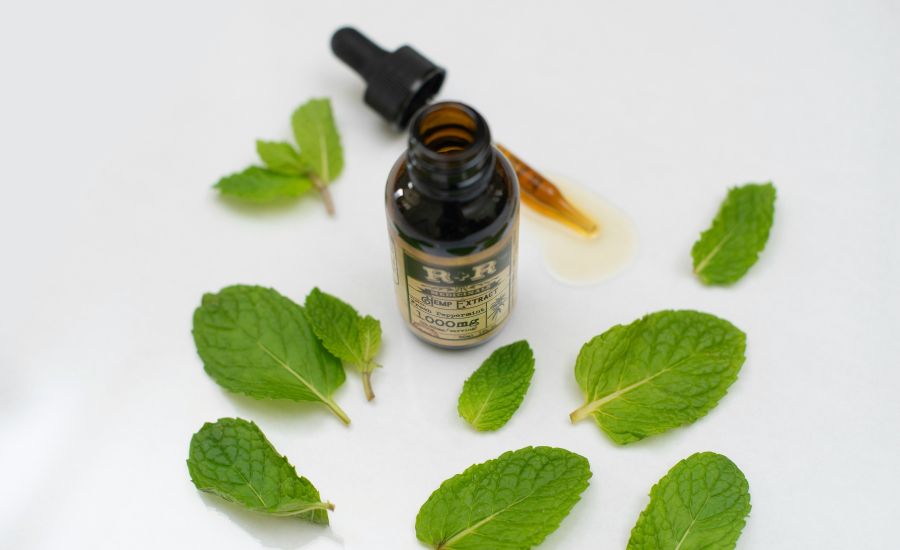Free home delivery over Rs 999

India’s rich biodiversity has gifted us with a treasure trove of medicinal plants that have been used for centuries in traditional medicine systems like Ayurveda, Siddha, and Unani. These plants not only offer therapeutic benefits but also embody the profound connection between nature and human health. Let’s delve into the fascinating world of herbal medicine and explore the top 10 medicinal plants found in India.
1. Neem (Azadirachta indica)
Neem, often referred to as the “village pharmacy,” is renowned for its broad spectrum of medicinal properties. It possesses antibacterial, antifungal, antiviral, and anti-inflammatory properties, making it effective in treating various skin conditions, dental issues, and boosting immunity.
2. Tulsi (Ocimum sanctum)
Tulsi, or holy basil, holds a sacred place in Indian culture and traditional medicine. It is revered for its adaptogenic and immunomodulatory properties, which help in relieving stress, promoting respiratory health, and combating infections.
3. Aloe Vera (Aloe barbadensis)
Aloe vera, known as the “plant of immortality,” is prized for its soothing and healing properties. Its gel-like substance is used topically to treat burns, wounds, and skin irritations, while its internal consumption aids digestion and supports detoxification.
4. Ashwagandha (Withania somnifera)
Ashwagandha, also known as Indian ginseng, is an adaptogenic herb that helps the body adapt to stress and promotes overall vitality. It is used to improve energy levels, enhance cognitive function, and support hormonal balance.
5. Turmeric (Curcuma longa)
Turmeric, with its active compound curcumin, is a potent anti-inflammatory and antioxidant herb. It is widely used in Indian cuisine and traditional medicine for its ability to alleviate pain, reduce inflammation, and support liver health.
6. Brahmi (Bacopa monnieri)
Brahmi, also known as water hyssop, is prized for its cognitive-enhancing properties. It improves memory, concentration, and learning ability, making it a valuable herb for students and individuals seeking mental clarity.
7. Ginger (Zingiber officinale)
Ginger, with its warming and digestive properties, has been used for centuries to alleviate nausea, aid digestion, and reduce inflammation. It is also effective in treating respiratory ailments and supporting immune function.
8. Moringa (Moringa oleifera)
Moringa, often referred to as the “miracle tree,” is a nutritional powerhouse rich in vitamins, minerals, and antioxidants. It supports overall health, boosts energy levels, and aids in managing conditions like diabetes and hypertension.
9. Giloy (Tinospora cordifolia)
Giloy, also known as Guduchi, is a potent immunomodulator and rejuvenating herb. It enhances immunity, detoxifies the body, and helps in managing chronic diseases like diabetes and arthritis.
10. Haritaki (Terminalia chebula)
Haritaki, one of the three fruits in Triphala, is revered in Ayurveda for its cleansing and rejuvenating properties. It supports digestive health, detoxifies the body, and promotes longevity.
Embracing Nature’s Healing Wisdom
As we rediscover the therapeutic potential of medicinal plants, it’s essential to cultivate a deeper appreciation for the intricate relationship between plants and human health. Integrating these medicinal plants into our daily lives can not only alleviate ailments but also foster a profound sense of connection with nature’s healing wisdom. Let’s honor and preserve this ancient knowledge for the well-being of current and future generations.

